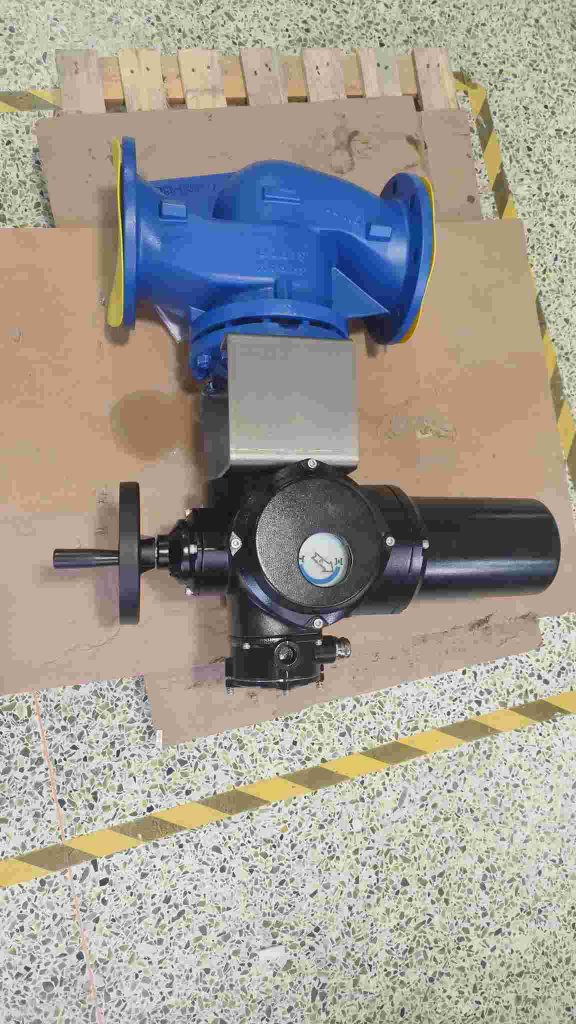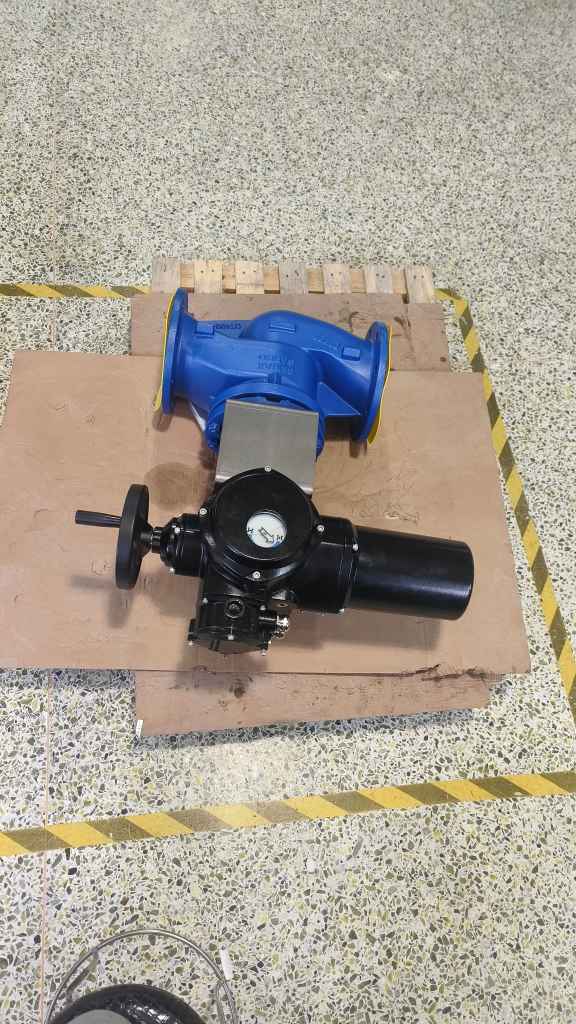Hydrogen energy is increasingly being recognized as one of the key elements in the transition toward a cleaner, more sustainable future. With applications ranging from transportation to power generation, the potential for hydrogen to revolutionize the energy sector is immense. However, as with any emerging technology, ensuring safety and efficiency in hydrogen systems is paramount. One crucial component that plays a significant role in achieving both safety and operational effectiveness in hydrogen systems is the hydrogen energy electric shut-off valve.

What is a Hydrogen Energy Electric Shut-Off Valve?

A hydrogen energy electric shut-off valve is an essential safety device used in hydrogen systems to control the flow of hydrogen gas. It is designed to automatically or manually cut off the hydrogen flow in the event of a detected hazard, such as a leak, pressure spike, or system malfunction. The valve uses an electric actuator to operate, allowing for precise and rapid control over the flow of hydrogen, thus minimizing the risk of accidents and optimizing the overall performance of hydrogen systems. These valves are commonly used in hydrogen fueling stations, industrial applications, and transportation systems, where hydrogen is stored, transported, and utilized. The shut-off valve ensures that in the event of an emergency, hydrogen flow can be quickly stopped, preventing the potential for explosions, fires, or other hazardous events.
